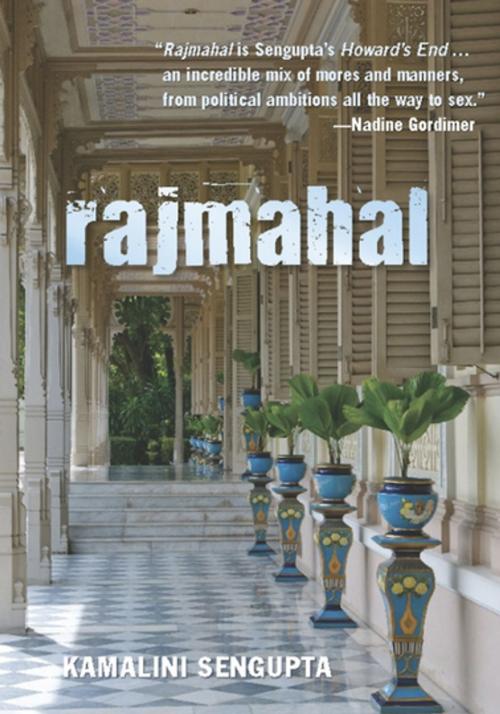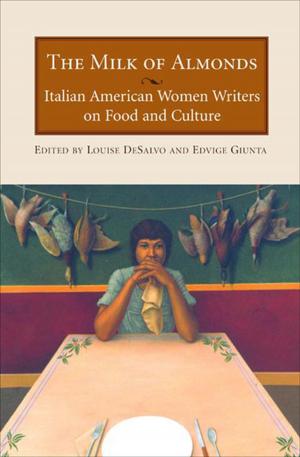| Author: | Kamalini Sengupta | ISBN: | 9781558616936 |
| Publisher: | The Feminist Press at CUNY | Publication: | July 1, 2010 |
| Imprint: | The Feminist Press at CUNY | Language: | English |
| Author: | Kamalini Sengupta |
| ISBN: | 9781558616936 |
| Publisher: | The Feminist Press at CUNY |
| Publication: | July 1, 2010 |
| Imprint: | The Feminist Press at CUNY |
| Language: | English |
An exploration of post-colonial Indian life through “engagingly embroidered stories that leave us replete and delighted” (The Sunday Tribune, India).
Marriages, affairs, death, madness, and second chances all live within the walls of Rajmahal, an unusual Bengali house that has stood through a century of turbulent changes. Within the walls of this stately home, now divided into six apartments, the melting pot of tenants include Sikhs, Muslims, Brits, Russian-Bengalis, zamindari Bengalis, and Roman Catholics. As different as they are, all face the same struggle to come to grips with the social, economic, and intellectual forces working in India as it moves from the British Raj to independence.
In this beautifully crafted tale, the intertwined fortunes and personal battles of these characters become a mirror of the country’s struggle for possession of its future. “The encompassing achievement of the novel is its penetration . . . of the life of the post-colonialist and post-colonized living on, somehow together” (Nadine Gordimer, winner of the Nobel Prize in Literature).
An exploration of post-colonial Indian life through “engagingly embroidered stories that leave us replete and delighted” (The Sunday Tribune, India).
Marriages, affairs, death, madness, and second chances all live within the walls of Rajmahal, an unusual Bengali house that has stood through a century of turbulent changes. Within the walls of this stately home, now divided into six apartments, the melting pot of tenants include Sikhs, Muslims, Brits, Russian-Bengalis, zamindari Bengalis, and Roman Catholics. As different as they are, all face the same struggle to come to grips with the social, economic, and intellectual forces working in India as it moves from the British Raj to independence.
In this beautifully crafted tale, the intertwined fortunes and personal battles of these characters become a mirror of the country’s struggle for possession of its future. “The encompassing achievement of the novel is its penetration . . . of the life of the post-colonialist and post-colonized living on, somehow together” (Nadine Gordimer, winner of the Nobel Prize in Literature).















